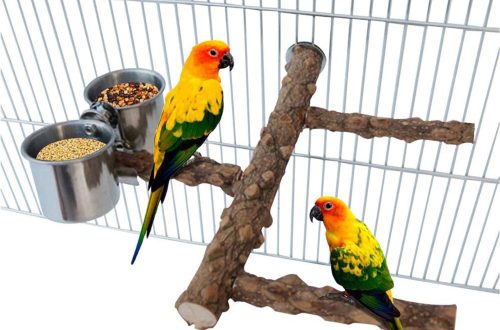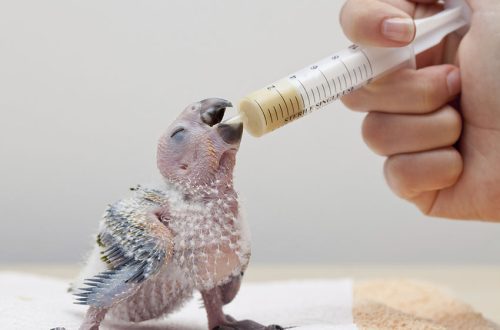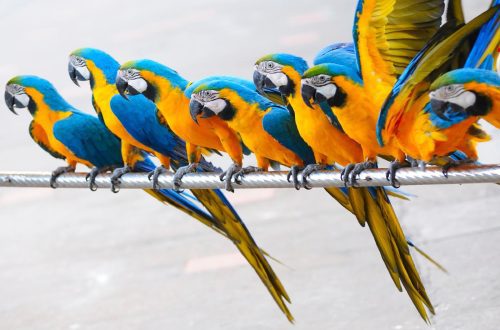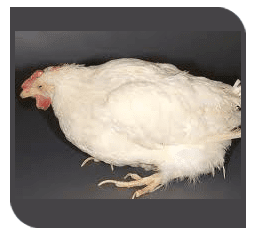
Depression in Poultry: Signs and Recommendations
In recent years, the entire world medical community has begun to pay great attention to the depressive state of a person. Doctors and scientists have unanimously recognized the fact that happiness plays a key role in our health and quality of life. However, in relation to animals, the opinion of the scientific community is not so uniform, although the state of depression is also characteristic of pets, in particular for birds. Moments of depression in birds are characterized by a state of deep depression. With prolonged depression, birds develop a craving for self-destruction, the body’s immune defenses decrease, and a number of other very complex problems arise that require immediate human intervention. To help your pet cope with such a formidable enemy as depression, you need to know the signs of this condition well. This article describes the main symptoms, if found in poultry, the owner should immediately seek veterinary help.
Signs of Depression in Birds
Have you noticed that your parrot is sad, and you cannot understand the reasons? The presence of depression in a bird, as a rule, indicates that something irritates your pet in his home environment. Perhaps the presence of another pet has such a detrimental effect. Try to temporarily isolate your pets from each other. It is possible that such an event will solve the problems that have arisen.
Anorexia
Sometimes your bird’s health problems masquerade as symptoms of depression. The main sign of depression is loss of appetite against the background of a complete refusal to feed. Birds have a very fast metabolism, so it is vital to diagnose your pet’s health problems as soon as possible, otherwise he will die of starvation. It is worth knowing that for birds, even weight loss, which occurs very quickly during depression, is no less harmful to health. Thus, if you notice that your feathered friend has been defiantly refusing food for two days in a row, then this is a good reason to immediately contact a veterinary clinic for advice.
Change in behavior
One of the most important and easily identified signs of a depressive state in a bird is a sudden change in behavior. Often, especially in parrots, this manifests itself in the form of aggression or, on the contrary, in a depressed state – the parrot is unreasonably sad. Of course, the phenomenon of aggression can be caused by seasonal hormonal surges in the pet’s body. However, persistent behavior like this is a clear indication that your bird is chronically unhappy with something. Any sudden changes in your pet’s behavior can be a reason to contact the veterinary clinic as soon as possible, where they will help eliminate the possibility of your feathered friend’s health problems.
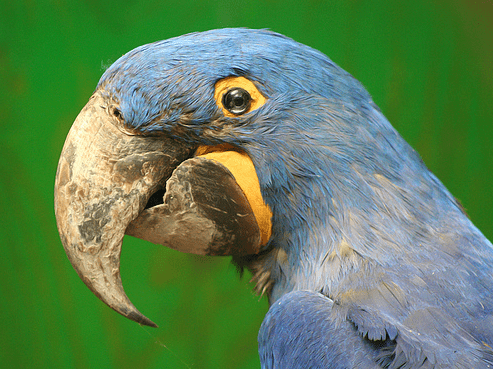
What to do?
If you have no doubt that the pet is healthy, then if there are deviations in the behavior of the bird, you must first of all evaluate what could cause such a reaction from its environment. Identification of the root of the problem and its prompt elimination will not only return your pet to its former happiness, but also, possibly, save its life itself.
The desire of a bird to pluck a feather from itself progresses rather quickly and eventually passes into its chronic form. If you suddenly begin to notice bald spots on the body of your pet, then you should immediately contact your veterinarian to exclude the possibility of a pathological process in the bird. Only after you have absolute confidence that your pet has no health problems, it is necessary to find out the reasons why the bird behaves this way.
Many owners pay attention to their pet only when they themselves become bored or lack communication with people. This approach cannot be called correct, since every owner of a bird is simply obliged to give his pet maximum attention every day, since most birds are social animals and most of all need communication.



